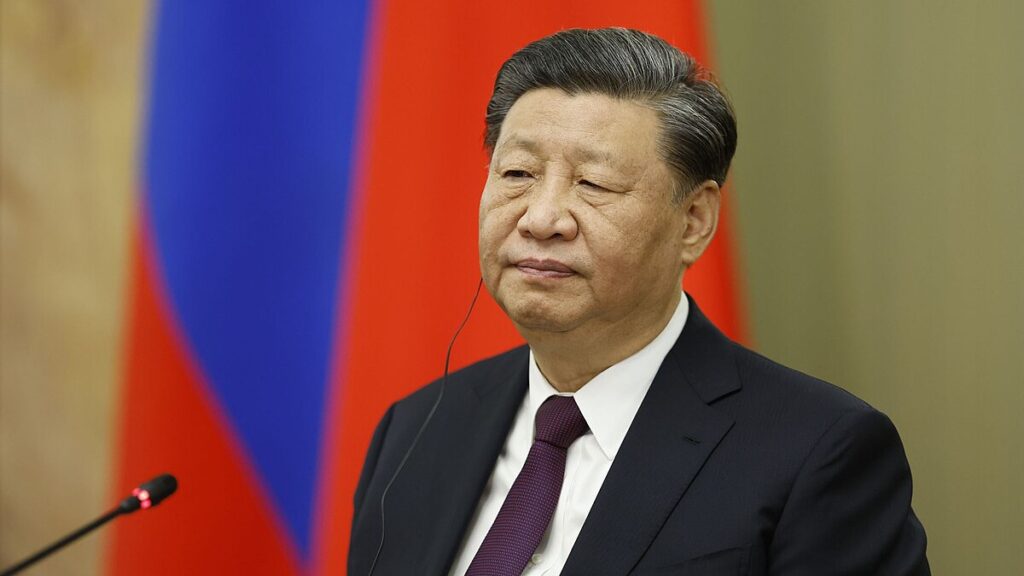China’s role as a potential mediator in the Ukraine conflict has garnered significant international attention. With Ukrainian Foreign Minister Dmytro Kuleba’s recent visit to Beijing, China has reasserted its ambition to play a pivotal role in resolving the ongoing war. However, there are three major issues that complicate China’s mediation efforts: its perceived support for Russia, the skepticism surrounding its neutrality, and its approach to peace negotiations.
1. Perceived Support for Russia
Economic Ties and Indirect Support
China’s economic relationship with Russia is a critical factor in its mediation role. Despite Beijing’s public stance of neutrality, it is viewed by many in the West as providing indirect support to Russia through various economic channels. Reports indicate that China has supplied Russia with machine tools and microelectronics, which could potentially be used in the production of military equipment. This has led to accusations from the U.S. and Europe that China’s economic support enables Russia to sustain its military operations in Ukraine.
Denials and Diplomatic Maneuvering
Chinese officials have consistently denied providing military support to Russia, maintaining that their economic interactions are purely commercial. Chinese President Xi Jinping has reassured Ukrainian President Volodymyr Zelenskyy that China would not supply weapons to Russia. However, skepticism remains, particularly as China’s economic ties with Russia continue to flourish amidst the conflict.

2. Skepticism About Neutrality
China’s Dual Role as Mediator and Ally
China’s role as a mediator is complicated by its historical and strategic alignment with Russia. The deep-rooted partnership between Beijing and Moscow, characterized by their shared advocacy for a multipolar world order, raises concerns about China’s impartiality. Despite its efforts to portray itself as a neutral party, China’s tight ties with Russia casts doubt on its mediation efforts.
International Perception and Trust Issues
Many Western allies view China’s mediation attempts with suspicion. Ukraine and its allies argue that China’s actions suggest a degree of favoritism towards Russia. This perception undermines the credibility of China’s mediation efforts and complicates its ability to gain the trust of all parties involved in the conflict.
3. Approach to Peace Negotiations
China’s Peace Plan and Its Limitations
China has proposed a six-point peace plan that emphasizes dialogue and avoiding Cold War-era mentalities. However, this plan has been criticized for lacking critical elements, such as the restoration of Ukrainian territorial integrity. Ukraine’s position is that any peace settlement must include the withdrawal of Russian forces from occupied territories, including Crimea, which was annexed by Russia in 2014.
Challenges in Facilitating Effective Talks
China approaches peace talks by striking a balance between Russia’s and Ukraine’s interests. While Beijing advocates for an international peace conference, its proposals have not fully addressed Ukraine’s key demands. The challenge for China is to craft a peace plan that is acceptable to all parties and to leverage its influence effectively to facilitate meaningful dialogue.
Conclusion
China’s attempt to mediate the Ukraine conflict is fraught with complexities stemming from its economic ties with Russia, skepticism about its neutrality, and its approach to peace negotiations. As Beijing continues to position itself as a global mediator, its ability to address these major issues will determine the effectiveness of its efforts. The international community will be closely watching how China navigates these challenges and whether it can play a constructive role in resolving one of the most pressing conflicts of our time.








